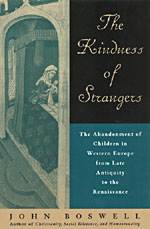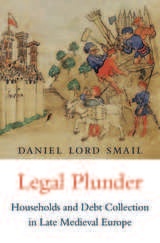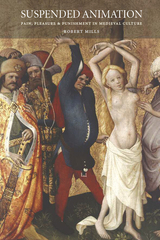

As Europe began to grow rich during the Middle Ages, its wealth materialized in the well-made clothes, linens, and wares of ordinary households. Such items were indicators of one’s station in life in a society accustomed to reading visible signs of rank. In a world without banking, household goods became valuable commodities that often substituted for hard currency. Pawnbrokers and resellers sprang up, helping to push these goods into circulation. Simultaneously, a harshly coercive legal system developed to ensure that debtors paid their due.
Focusing on the Mediterranean cities of Marseille and Lucca, Legal Plunder explores how the newfound wealth embodied in household goods shaped the beginnings of a modern consumer economy in late medieval Europe. The vigorous trade in goods that grew up in the fourteenth and fifteenth centuries entangled households in complex relationships of credit and debt, and one of the most common activities of law courts during the period was debt recovery. Sergeants of the law were empowered to march into debtors’ homes and seize belongings equal in value to the debt owed. These officials were agents of a predatory economy, cogs in a political machinery of state-sponsored plunder.
As Daniel Smail shows, the records of medieval European law courts offer some of the most vivid descriptions of material culture in this period, providing insights into the lives of men and women on the cusp of modern capitalism. Then as now, money and value were implicated in questions of power and patterns of violence.

Just as in medieval times, Robert Mills argues, it is the threat of violence—not the reality—that continues to structure our lives. To illustrate this "aesthetics of suspense," Mills draws on extensive and disturbing examples from medieval iconography, contemporary philosophy, and even pornography, ranging from the vivid depictions of Hell in Tuscan frescoes to Billie Holiday's famously wrenching song "Strange Fruit". Mills reveals how these uncomfortable images and texts expose a modern self-deception, and he further explores how medieval images evoked a pleasure revealingly close to that found in modern depictions of sexuality. Suspended Animation also makes a fresh contribution to theoretical debates on pre-modern gender and sexuality. Mills's comprehensive analysis demonstrates that—as wartime prisoner abuse incidents at Abu Ghraib and Guantánamo Bay have recently indicated—our notions of ourselves as not-medieval (that is, civilized) not only fail to prepare us for modern torture and warfare but also lead us into complicity with self-proclaimed moral and civic leaders.
Whether considering a medieval painting of a Christian martyr or the immense popularity of grotesque historical tourist attractions such as the London Dungeons, Suspended Animation argues that images of death and violence are as pervasive today as they were in the Middle Ages, serving as potent reminders of the link between the modern and the medieval era.
READERS
Browse our collection.
PUBLISHERS
See BiblioVault's publisher services.
STUDENT SERVICES
Files for college accessibility offices.
UChicago Accessibility Resources
home | accessibility | search | about | contact us
BiblioVault ® 2001 - 2024
The University of Chicago Press









